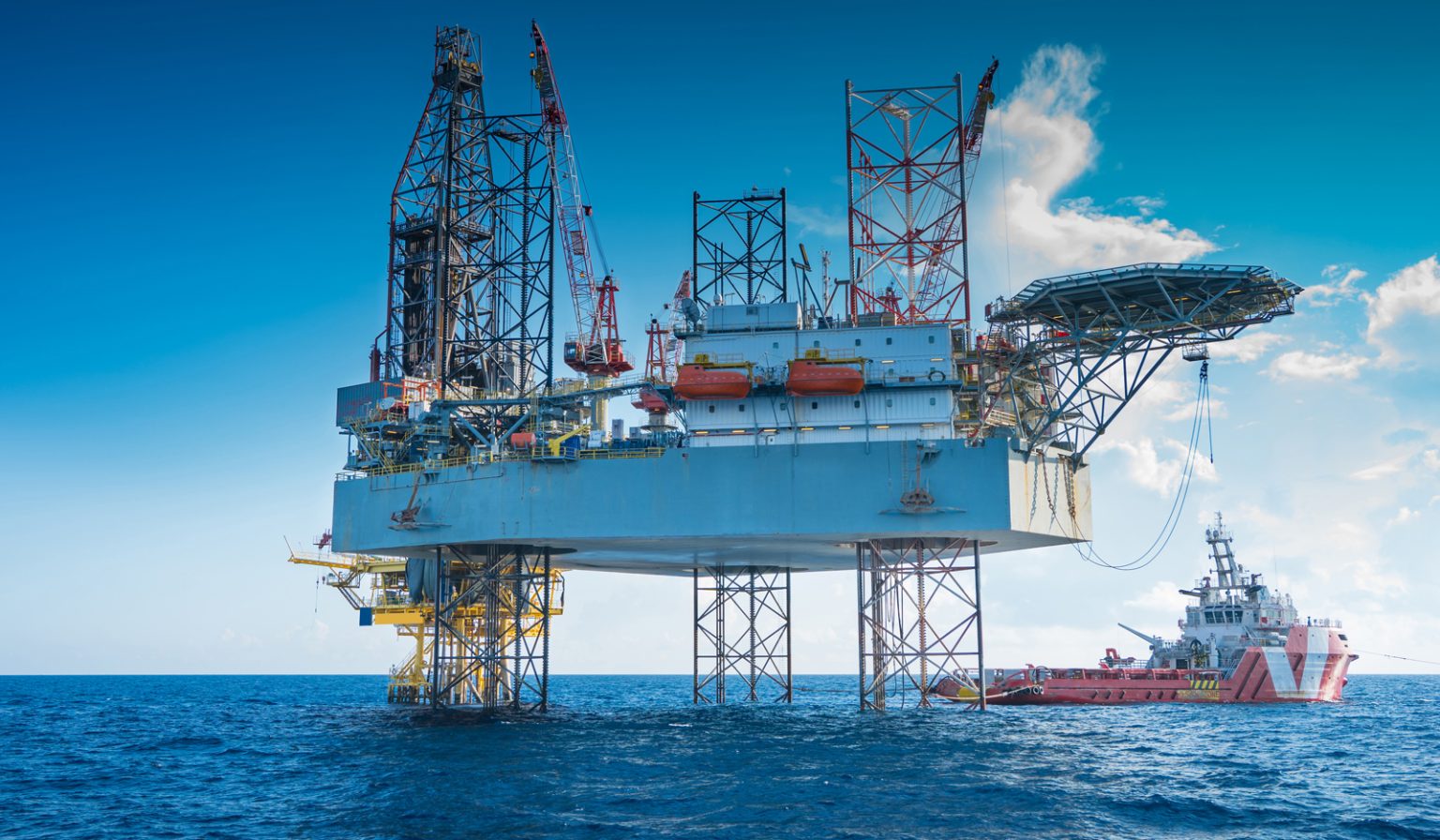In a strategic move to revitalize an underutilized North Sea asset, Jersey Oil & Gas is advancing development of the Greater Buchan Area with substantial partner backing, positioning the company to extract significant remaining value from a historically productive oil field.
The UK North Sea-focused company has orchestrated a series of deals that dramatically transform its risk profile while maintaining material upside. By farming out 80% of its Greater Buchan licenses to established operat
...
In a strategic move to revitalize an underutilized North Sea asset, Jersey Oil & Gas is advancing development of the Greater Buchan Area with substantial partner backing, positioning the company to extract significant remaining value from a historically productive oil field.
The UK North Sea-focused company has orchestrated a series of deals that dramatically transform its risk profile while maintaining material upside. By farming out 80% of its Greater Buchan licenses to established operators Neo Energy and Serica Energy, Jersey has secured both immediate cash payments and comprehensive funding arrangements that carry the company’s costs through to first oil, anticipated in late 2026.
The Buchan field represents a classic North Sea redevelopment opportunity. Originally discovered in 1974 and operated by BP for 36 years, the field produced approximately 150 million barrels before operations ceased in 2017. Industry analysts note the closure stemmed from aging infrastructure issues rather than reservoir depletion, with Jersey’s technical assessments indicating up to 70 million barrels of recoverable oil remain.
“This is a reservoir with proven production history,” explained Andrew Benitz, Jersey’s Chief Executive Officer. “We’ve assembled a development plan that leverages existing infrastructure to minimize costs and accelerate timeline to production.”
Central to the company’s strategy is the redeployment of the Voyageur floating production storage and offloading vessel (FPSO), currently operating at the Huntington field over 150 kilometers away. The vessel, with a production capacity of 60,000 barrels per day, requires only modest modifications focused on water handling and power systems. The development plan also incorporates future electrification capabilities, potentially allowing connection to nearby offshore wind projects—a forward-looking element that addresses the industry’s increasing focus on emissions reduction.
The development plan calls for drilling five production wells and two water injectors. With pressure support measures, recovery rates are projected to exceed 50%, a significant figure for North Sea operations. While the fractured Devonian-aged clastic reservoir formation isn’t common in the immediate vicinity, it represents a familiar geological structure within broader North Sea operations.
From a financial perspective, Jersey’s farm-out agreements have fundamentally altered the company’s investment proposition. In exchange for the 80% equity transfer, Jersey received $38 million in cash payments and secured full funding of all costs through Field Development Plan (FDP) approval. Additionally, the company negotiated a carry on its retained 20% share based on the approved development budget.
Market analysts have noted the stark disconnect between Jersey’s current trading value and its estimated post-tax core Net Asset Value (NAV) of £250 million—representing approximately a 75% discount. This valuation gap creates what some industry observers describe as a compelling opportunity, particularly as the company approaches several potential rerating catalysts.
These upcoming milestones include completion of the Zennor farm-out, FDP approval expected in the second half of 2024, and subsequent development phase activities beginning in 2025. With each successful step, the company potentially narrows the valuation disconnect.
The Greater Buchan development also benefits from a favorable economic environment within the UK Continental Shelf, where infrastructure-led exploration and development receives regulatory support. Recent energy security concerns have further underscored the importance of domestic production capabilities.
For investors, Jersey presents an unusual proposition in the current North Sea landscape: exposure to material production growth without the typically associated capital requirements or dilution risks. As the company transitions toward becoming a full-cycle exploration and production business, it offers leveraged exposure to both oil price movements and development success.
Industry experts note that such carried interests in development projects have historically provided significant shareholder returns when successfully executed, particularly as projects transition from planning to production phases and risk profiles diminish accordingly.


